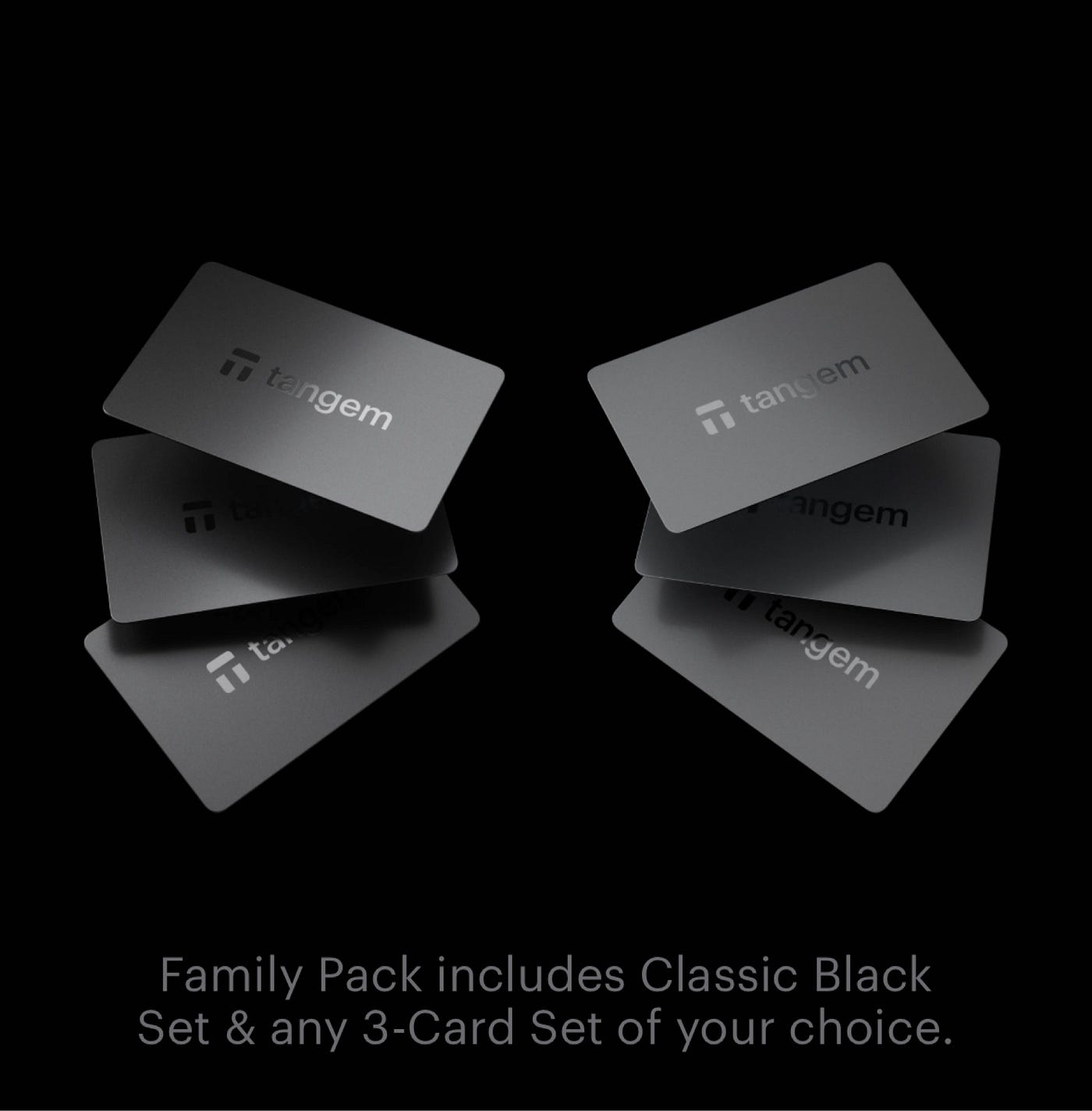Introduction
Picture
this: you’re at the grocery store, trying to choose the freshest and most
sustainable produce for your family. But how can you be sure that what you’re
buying is truly as good as it claims to be? Enter blockchain technology, a
game-changer that’s transforming the way we think about traceability and
sustainability in agriculture. Curious? Keep reading to find out more!
The
Challenges in Agriculture
Traceability
and Food Safety
One
of the major challenges facing the agriculture industry today is ensuring the
traceability of food products. In a world where food safety
scandals are all too common, consumers want to know where their food comes
from and have confidence in its quality.
Environmental
Sustainability
Another
pressing issue is environmental sustainability. As the global
population continues to grow, finding ways to minimize the ecological
impact of agriculture is crucial to protect our planet and ensure food
security.
Reducing
Food Waste
Lastly,
reducing food waste is a significant challenge. With millions of people
facing food insecurity, it’s essential to optimize the supply chain and
minimize waste at every stage.
Understanding
Blockchain Technology
What
is Blockchain?
Blockchain
is a decentralized, digital ledger that securely and transparently records
transactions. It’s the technology behind cryptocurrencies like Bitcoin, but its
potential applications extend far beyond digital currency.
How
Does It Work?
In a
blockchain, transactions are grouped into “blocks” and added to the
ledger in a linear, chronological order. Each block contains a unique code,
called a “hash,” which is linked to the previous block’s hash,
creating a secure chain. This makes it nearly impossible to alter or tamper
with the data once it’s been added to the blockchain.
Blockchain
Applications in Agriculture
Supply
Chain Management
Blockchain
can revolutionize supply chain management in agriculture by providing
a secure and transparent way to track products from farm to table. This
enables consumers to access detailed information about the origin, handling,
and quality of their food, fostering trust and reducing the risk of food fraud.
Land
Ownership and Management
Blockchain
technology can also streamline land ownership and management processes. By
creating a decentralized digital registry of land titles, it can enhance
transparency, reduce fraud, and simplify transactions.
Quality
Assurance and Certification
Additionally,
blockchain can be used to improve quality assurance and certification
processes. By securely recording and verifying data related to farming
practices, environmental impact, and product quality, it can help ensure that
sustainable and ethically produced goods are recognized and rewarded
in the market.
Advantages
of Blockchain in Agriculture
Transparency and Trust
One
of the primary benefits of blockchain in agriculture is the enhanced
transparency and trust it provides. Through secure and transparent
record-keeping, consumers can have confidence in the quality and sustainability
of the food they purchase.
Increased
Efficiency
Blockchain
technology can also increase efficiency in agricultural supply chains by
reducing paperwork and streamlining transactions. This can help minimize delays
and reduce the risk of human error.
Reduced
Costs and Waste
By
improving traceability and ensuring the accuracy of data, blockchain can help
reduce costs and waste throughout the agriculture industry. For example, it can
help prevent food fraud, optimize inventory management, and enable
better decision-making based on real-time information.
Challenges
and Limitations of Blockchain in Agriculture
Scalability and
Infrastructure
One
of the main challenges facing the adoption ofblockchain in agriculture is
scalability and infrastructure. As the technology is still relatively new,
building the necessary networks, systems, and infrastructure can be
time-consuming and costly.
Legal
and Regulatory Issues
Another
hurdle is the legal and regulatory landscape. As blockchain technology evolves,
it will need to comply with existing laws and regulations, which may vary
significantly across different countries and regions. This can create
complexities and slow down the implementation process.
The
Future of Blockchain and Agriculture
IoT
Integration
As
the Internet of Things (IoT) continues to expand, the integration of IoT
devices and blockchain technology could further transform agriculture. IoT
sensors can collect real-time data on various aspects of farming, which can
then be securely stored and analyzed using blockchain, enabling smarter,
data-driven decision-making.
Cross-Industry
Collaboration
In
the future, we can expect to see more cross-industry collaboration between
agriculture and other sectors, such as finance, insurance, and retail, as the
potential applications of blockchain become more widely recognized and
utilized.
Conclusion
Blockchain
technology has the potential to revolutionize the agriculture industry by
enhancing traceability, sustainability, and efficiency. While there are still
challenges to overcome, the benefits are clear, and the future of blockchain
and agriculture looks promising. As the technology continues to evolve, we can
expect to see even more innovative applications and solutions emerge,
transforming the way we produce, distribute, and consume food.
Frequently
Asked Questions (FAQs)
- What is the main purpose
of using blockchain in agriculture?
The main purpose of using blockchain in agriculture is to enhance
traceability, sustainability, and efficiency in the industry, ultimately
leading to a more transparent and trustworthy food supply chain. - How does blockchain
improve traceability in agriculture?
Blockchain improves traceability by providing a secure and
transparent digital ledger that tracks products from farm to
table, enabling consumers to access detailed information about the origin,
handling, and quality of their food. - What are some examples
of blockchain applications in agriculture?
Examples include supply chain management, land ownership and management,
and quality assurance and certification. - What are the challenges
of implementing blockchain in agriculture?
Some of the challenges include scalability and infrastructure, as well as
legal and regulatory issues. - How does the integration
of IoT devices and blockchain technology benefit agriculture?
IoT devices can collect real-time data on various aspects of farming,
which can then be securely stored and analyzed using blockchain. This enables
smarter, data-driven decision-making and can ultimately lead to increased
efficiency and sustainability in the industry.


